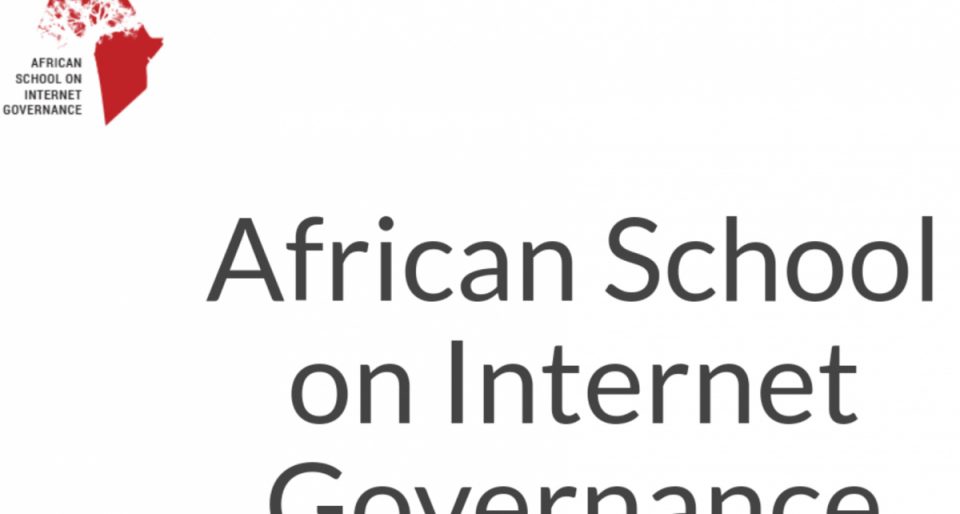Six Nigerians emerged as fellows at the just concluded African School on Internet Governance (AfriSIG).
The African School on Internet Governance is a multistakeholder training initiative that gives Africans from
diverse sectors and stakeholder groups the opportunity to gain knowledge and confidence to participate
effectively in internet governance processes and debates nationally, regionally and globally. It contributes
towards increasing the diversity, extent, quality and effectiveness of African participation in internet
governance by creating a space that promotes multistakeholder learning and dialogue. The six Nigerians
are; Amina Ramallan, Olamide Egbayelo, Gabreal Odunsi, Amina, Musab Muhammad Isah, Tomiwa Ilori
and Morisola Alaba .
The Seventh African School on Internet Governance (AfriSIG) which was held at N’Djamena, Chad, had 45
participants from 23 countries with a series of sessions, lectures and workshops on internet governance
processes at the local, national, sub-regional, regional and global levels.
The school which is usually colocated with the annual African Internet Governance Forum came to a wrap on September 12, 2019.
In a statement released by the alumni group in Nigeria, “The African school on internet governance
represent the grooming place for future leaders on Internet governance on the continent and it is great
that there are six Nigerians among the 45 fellows this year.”
Over the years, a number of young Nigerians from different stakeholder groups have been part of the
AfriSIG building multidisciplinary cadre of expertise in internet governance on the continent through the
participation of current and emerging leaders drawn from government, business, academia and civil
society. According to Adeboye Adegoke, Program Manager at Paradigm Initiative and member of the Nigerian alumni group, “Unlike the traditional governance process which is exclusive to the government, Internet Governance is a multistakeholder process and usually requires inputs from all actors.” “…given that
people are not used to this approach, the Afrisig represents a veritable platform to learn and understand
how this works. Irrespective of your area of expertise, Afrisig gives you an opportunity to see the Internet
from the perspective of others and this is helping the resilience of the Internet and promoting the principle
of an open Internet on the continent” Adeboye concluded.
While commenting on the development, another member of the alumni group and coordinator of the
Nigerian School on Internet Governance, NSIG, Caleb Ogundele, noted that “the school is part of the long
term strategic plan to strategically drive additional capacity building initiatives to raise the Next
Generation of Internet Governance thought leaders that will shape policies across the Internet Governance space in Nigeria and beyond.”




